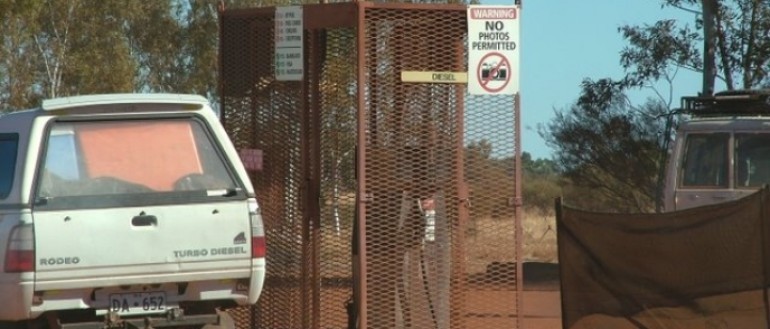A report by the Menzies School of Health Research has revealed a significant decline in the prevalence of petrol sniffing in a number of Aboriginal communities across Australia coinciding with the introduction of low aromatic fuel.
The interim report, recently released by the Federal Minister for Indigenous Affairs, the Hon. Nigel Scullion, has shown that in 15 Aboriginal communities where available data enables comparisons to be made, there were 546 petrol sniffers in 2005-07, dropping to 160 in 2008, and 97 in 2011-12.
At the same time, the report highlights continued petrol sniffing in several communities in the Goldfields area of Western Australia (WA), as well as the Top End, Barkly and Katherine regions of the Northern Territory (NT). Most of these are to be found where low aromatic fuel has not yet been introduced on a regional basis.
Petrol sniffing has been a major source of illness, death and social dysfunction in Indigenous communities over the past few decades.
Report co-author, Professor Peter d’Abbs, said the introduction of low aromatic fuel had been a critical factor in the fight against petrol sniffing and the subsequent issues communities have faced with social and behavioural problems.
“The decline our research has revealed is hugely encouraging. However, much work remains to be done to stamp out petrol sniffing,” Prof d’Abbs said.
“The introduction of the federal Petrol Sniffing Prevention Program, including the roll out of low aromatic fuel, has seen significant reductions in petrol sniffing and associated harms in regions where low aromatic fuel is available.”
Data from the interim report is part of a larger, ongoing study of communities in the NT, South Australia, WA and Queensland, being conducted by Menzies in collaboration with consultant Bowchung Pty Ltd.
Prof d’Abbs said the rollout of low aromatic fuel over recent years had benefited from a national petrol sniffing strategy supported by a bipartisan approach on the part of successive federal governments.
“With this in place, we can continue to work towards a comprehensive rollout of low aromatic fuel, complemented by other measures such as adequately funded youth services,” Prof d’Abbs said.
Prof d’Abbs added that, in order for the benefits of low aromatic fuel to be sustainable, state and territory governments also needed to play their part in making appropriate, co-ordinated substance misuse services available to communities.
A copy of the interim report, Monitoring trends in petrol sniffing in selected Aboriginal communities, is available here.
Professor d'Abbs heads substance misuse studies at the Menzies School of Health Research. He is a sociologist with a research background in alcohol and other drug policy issues and in program evaluation, much of it conducted in Northern Australia. From 2001 to 2010 he was a director of the Foundation for Alcohol Research and Education, and in 2007 he was placed on the Honour Roll of the National Drug and Alcohol Awards for his research into substance misuse in remote and regional settings. See his researcher profile here.

